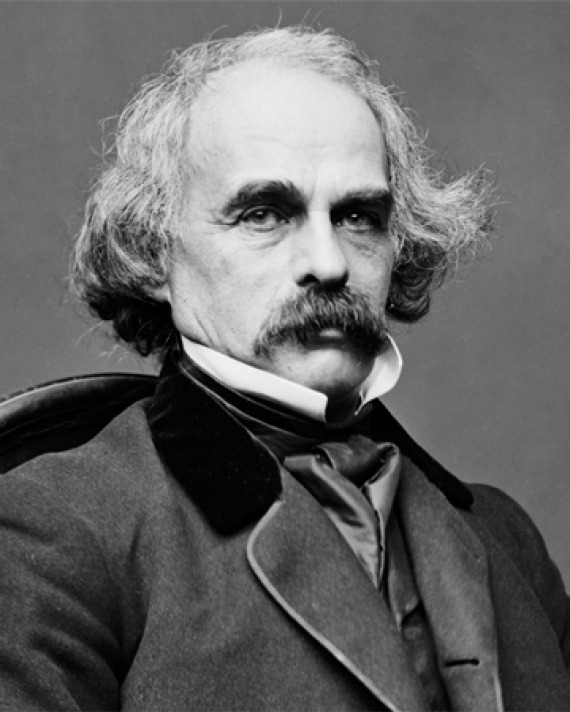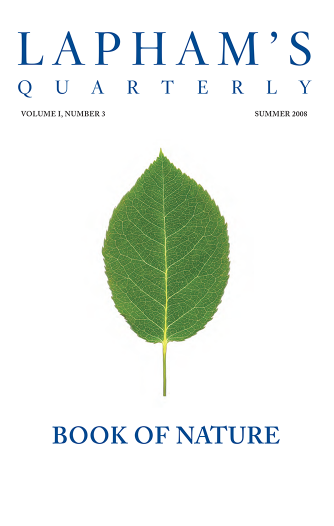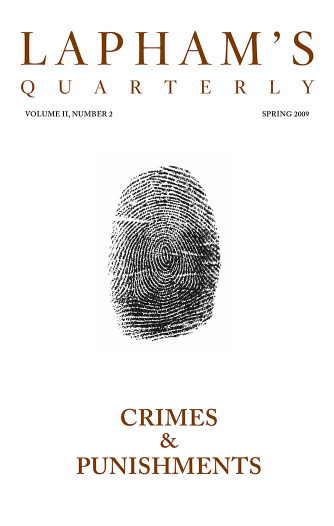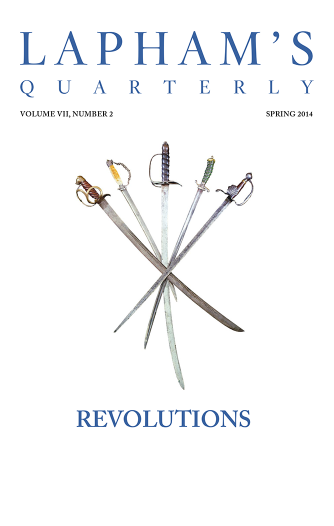
Nathaniel Hawthorne
(1804 - 1864)
At the age of seventeen, Nathaniel Hawthorne mused to his mother about the possibility of “relying for support upon my pen.” His first book, Fanshawe, was published anonymously and received scant recognition; his first editing job, for the American Magazine of Useful and Entertaining Knowledge, ended when the publisher went bankrupt after six issues. His later novels include The House of the Seven Gables, The Blithedale Romance, and The Marble Faun.



